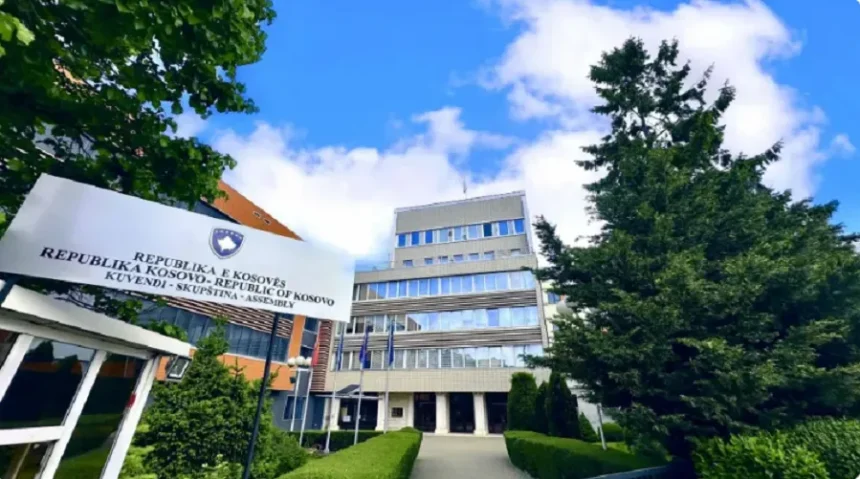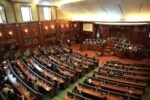Kosovo faces yet another institutional deadlock following a recent ruling by the Constitutional Court, which stated that the Assembly of Kosovo is not yet properly constituted, giving only 12 days for completion once the full judgment is published.
Unlike previous occasions, major Albanian political parties have largely remained silent, focusing instead on the October 12 local elections and meetings with international officials.
Experts See No Alternative
Political analyst Artan Muhaxhiri argues that there is no other viable option to resolve the crisis.
“There is no logic in continuing this blockade. Neither Lëvizja Vetëvendosje (LVV), as the election winner, nor other parties, are willing, capable, or have ideas to form a majority,” he told Radio Free Europe.
“Early elections are the best option to re-legitimize parties, leaders, and deputies and attempt a return to normalcy.”
Similarly, political scientist Dritëro Arifi describes the situation as total anarchy, with the parliament unable to control the government, police, army, or intelligence services. He sees early elections as the only escape from this “political madness.”
How Did It Come to This?
After the February 9 elections, LVV won the most votes but not enough to govern alone. Attempts to form a coalition have failed, leaving the Assembly stalled in multiple procedural disputes.
The latest Constitutional Court ruling relates to a complaint by the Serb List, Kosovo’s largest Serb party, concerning the separate voting of minority deputy speakers. The Court ruled the Assembly’s constitution was incomplete without their inclusion.
Would Early Elections Produce Different Results?
Muhaxhiri believes they could.
“Politically, early elections could yield a different outcome because the current blockade stems largely from LVV’s unwillingness to cooperate,” he says.
“Voters need to pressure parties into collaboration, as the system cannot function without it.”
What Needs to Happen
Neither the Constitutional Court nor existing laws provide penalties for ignoring deadlines, leaving the resolution to political action. Arifi emphasizes that President Vjosa Osmani must take a more active role in convening leaders to agree that early elections are necessary.
Meanwhile, the international community continues to call for respect of Constitutional Court rulings and swift formation of institutions. EU Ambassador Aivo Orav recently urged:
“Please constitute the Assembly and form a government.”







